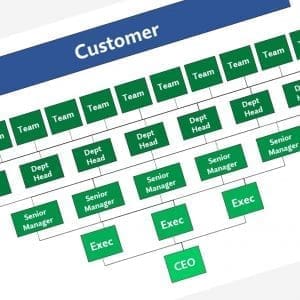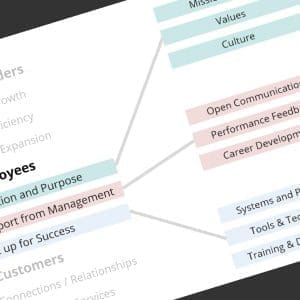An interesting thread, started by VC guy Fred Wilson, on the overweighting of youth vs. experience when it comes to entrepreneurial activity. Clay Shirkey weighs in with a thoughtful analogy to Bayesian theory, basically saying that the young are blissfully ignorant of the trials and tribulations of the Real World.
For investors, entrepreneurs, and corporate hiring managers, it pays to have a sensitivity to the different mindset of the coming crop of college graduates. I got a chance to sit through a Hiring Diversity study recently that made some pretty interesting observations about generational differences in the workplace. The Boomers (born between 1946 and 1964) are “in charge”, holding the majority of the corporate management positions, while the Millennials (1980-2000) are just venturing out into the working world.
The difference that jumped out at me was around how they view time on the job. For us Boomers, success is measured in hours worked; we invented the term “workaholic”, and face time is critical. The millennials, on the other hand, don’t define themselves by what they do. They challenge traditional time and space scenarios of the workplace. Their job is not who they are, merely a means to support their lifestyle.
This rang so true when I took my daughter, Erin, on a college campus visit a few months ago (previously). I asked some current students there “what they wanted to be when they grew up” (a benign question – I ask it of myself and my teams all the time). The common thread, honestly and openly given, was that they wanted to make a difference, leave a mark. If you asked that of my peers in school, we’d all have said something like “rich, successful, comfortable, & retired”.
I like how Erin put it in a school assignment last week (emphasis added is mine) …
… our answer had nothing to do with money or finding a good job, as one would typically define success. Instead, we all replied that we wanted to make a difference or that we wanted to leave our mark on this planet, no matter how small it might be …
… Millennials do not find success in going to work and earning a living, but found in other ways. Getting a paper published in a medical journal, … a photograph in a magazine, … [or] their design for a watch chosen are all things they consider to be success. People may never know who designed that watch, but the person who designed it will still feel successful knowing his product is out there.
… Baby boomers define success as money; Millennials, happiness. As Adlai Stevenson said, “That which seems the height of absurdity in one generation often becomes the height of wisdom in another.”
(from Success in America, by Erin MacLennan (2007))
The younger generation’s higher energy around entrepreneurship and startups may also be fueled by a less cynical, more altruistic sense. That, or they aren’t worrying about their childrens’ college and wedding funds (says the father of two young ladies).





Comments (0)